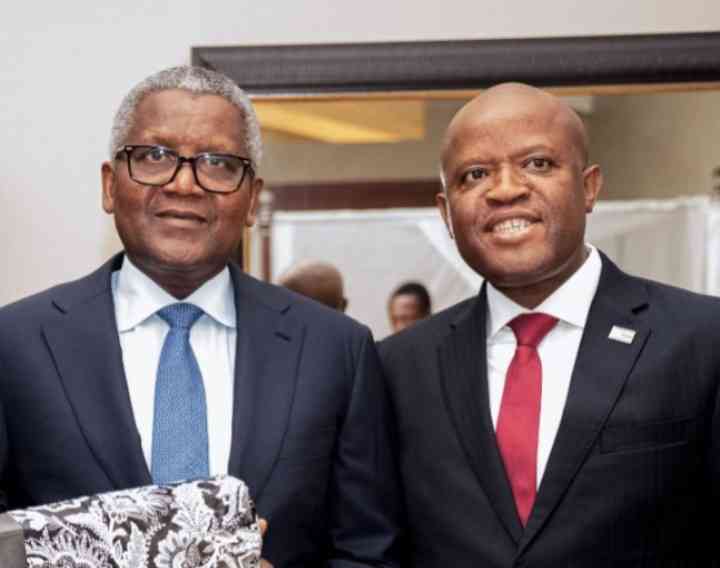
In a historic first for Zimbabwe, intersex individuals have taken the government to the High Court, demanding legal recognition of their rights and protection against decades of systemic exclusion.
The application, filed under case number HCH4743/25, seeks a declaratory order to compel the state to officially recognize intersex people as a distinct legal category under Zimbabwean law. This challenge is foundational, aiming to rectify administrative failures that have perpetuated harm and discrimination.
The lawsuit's demands target critical areas of identity and bodily autonomy. The intersex community demands the introduction of a third sex marker on birth certificates, national identity documents (IDs), and passports.
They are also advocating for a complete ban on non-consensual, non-essential surgeries performed on intersex minors and also full and equal access to fundamental constitutional rights, including dignity, education, healthcare, and equality.
The case features a broad coalition of seven individual applicants—including two minors denied access to education and social services because their documents do not reflect their lived realities, and one adult who suffered lifelong health complications from irreversible childhood surgery. The minors are represented by their legal guardians.
Institutional applicants, the Health Law and Policy Consortium (HLPC) and the Intersex Community of Zimbabwe (ICoZ), have joined the suit.
The respondents cited are high-level government offices: the Registrar-General, and the Ministers of Home Affairs, Health, and Justice, alongside the Attorney General.
In the founding affidavit, HLPC board chairperson Tinashe Mundawarara asserts that the failure to issue accurate identity documents violates children’s constitutional rights, specifically the guarantee to a birth certificate under Section 81 (1)(c).
- Mavhunga puts DeMbare into Chibuku quarterfinals
- Bulls to charge into Zimbabwe gold stocks
- Ndiraya concerned as goals dry up
- Letters: How solar power is transforming African farms
Keep Reading
"By failing to ensure that intersex children are issued birth certificates that reflect their unique biological reality, the respondents deny them a fundamental right and create barriers to accessing essential services such as healthcare and education," Mundawarara stated.
ICoZ director Kudakwashe Murisa emphasized the significance, noting, “This case is historic. For the first time, the Zimbabwean legal system is being challenged to recognise the rights of intersex individuals as equal human beings under the Constitution.”











